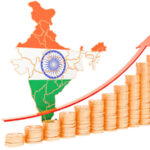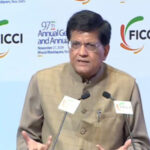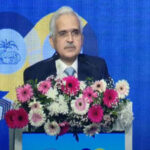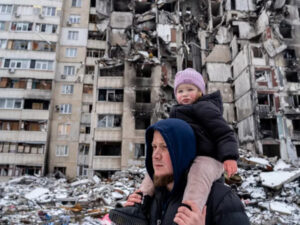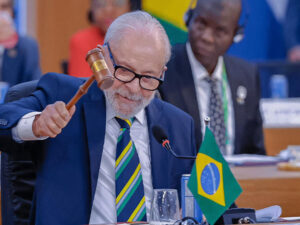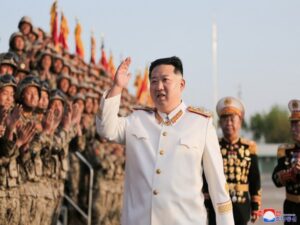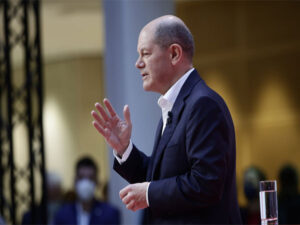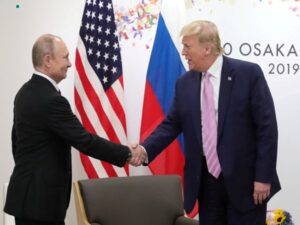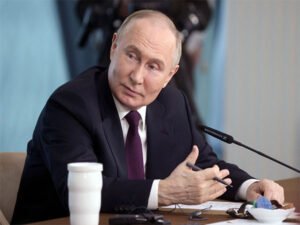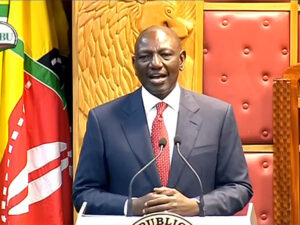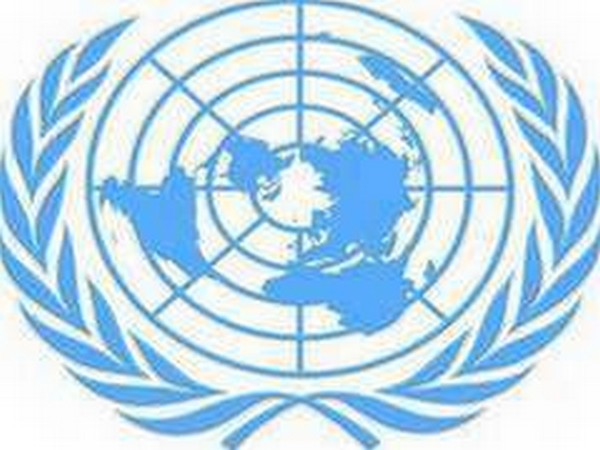
New York [US], Aug 12 (ANI): COVID-19 has impacted adversely almost all initiatives which usually go on to contribute to peacebuilding, India said on Wednesday and noted that the disease in some ways has served to exacerbate conflict situations to the extent that countries are required to tackle more strife and conflict as well as a growing humanitarian crisis rather than address some of the other important issues relating to peacebuilding.
“We are in the midst of the COVID-19 pandemic that has caused global disruption on a scale that has not been experienced before by this generation. The pandemic is still raging, and its implications, though hard to foretell in exact terms, is certain to be profound and multidimensional,” India said in its statement during the high-level open debate of the UN Security Council on `Pandemics and the Challenges of Sustaining Peace’.
India said that peacebuilding as a concept essentially involves a range of initiatives including conflict prevention, peacekeeping, reconciliation, institution building, strengthening democratic framework, protection of rights and development.
“COVID-19 has impacted adversely almost all initiatives which usually go on to contribute to peace-building. In some ways, it has served to exacerbate conflict situations to the extent that we now have to tackle more strife and conflict as well as a growing humanitarian crisis rather than address some of the other important issues relating to peacebuilding. This is where our current challenge lies,” it said.
The statement noted that national efforts at peace-building and addressing the various facets of peace-building have been weakened since national resources are being diverted to tackle more immediate humanitarian issues of life and death.
“COVID-19 has also impacted internationally driven support for peace-building approaches due to stoppage of international travel, interruption of global trade and decreasing resources of even the wealthiest nations,” it said.
“Consequently, it is important for international players to look at a model of international development and humanitarian action which will strengthen not just the national response to COVID-19 but also promote essential pillars of peacebuilding” it added.
Asserting that conflict and violence are the single biggest impediments to development and to the fulfilment of the Sustainable Development Goals (SDGs), India pointed out that according to the Sustainable Development Goals Report 2020, an estimated 71 million people are expected to be pushed back into extreme poverty in 2020.
India said it has been a positive contributor to international peace and security.
“We are a major troop-contributing country to the UN Peacekeeping Operations, including through women peacekeepers. As a responsible stakeholder in global health supply chains and despite the pressures to guarantee medical supplies domestically, India has ensured timely access to essential drugs, medical services and medical equipment for over 150 countries to combat the pandemic,” it said.
India has also responded to the Secretary General’s immediate requirement for upgrading the medical facilities of UN peacekeeping missions, by agreeing to deploy additional medical personnel and equipment to the military hospitals in Goma (MONUSCO) and Juba (UNMISS), the statement said.
In the context of the raging coronavirus pandemic, India made 10 suggestions.
“One, our immediate focus should be on ensuring that the humanitarian needs of the community which are in conflict are met so that lack of availability of minimum needs itself does not become a matter of greater conflict,” it said.
India said that national governments should support and engage local peace-builders to help design and lead COVID-19 sensitization and response efforts to help mitigate further conflict, prevent violence, adapt and sustain peace processes, and rebuild social cohesion.
“If peace-building has to endure then it should rest on institutions and not on individuals. Consequently, strengthening of national institutions combined with the strengthening of democratic structures should not be compromised in the face of the crisis brought about by the pandemic,” it said.
The statement said it is clear that human-centred and cooperative approaches which are at the core of peace-building work are needed.
“We also need resilience approaches that can enhance local capacities, skills, and attributes, and enable communities to not just ‘bounce back’ but ‘build back better,” it said adding that short- and long-term responses to COVID-19 must be aligned,” the statement said.
India suggested that donors and international organizations should sustain financial support to and partnership with local peace-builders during the crisis.
“Ensure performance in peacekeeping. The UN Secretariat needs to carry out realistic assessment of contingents being selected and deployed in the mission areas. Troop competencies need to be a critical requirement of selection criteria. Troop Contributing Countries should entail adherence to training plans, including pre-deployment and in mission training, so that key mission tasks are not left to “learning on the job”,” the statement said.
It underlined that it is of vital importance that our efforts are focused towards preventing a lapse and relapse into conflict. “Poverty and lack of opportunity pose some of the most formidable barriers to sustainable peace. Development is, therefore, critical and should have the attention of the international community,” it said.
Noting that women are crucial partners in shoring up three pillars of lasting peace: economic recovery, social cohesion and political legitimacy, it said: “Gender capacity should be deployed in peace-building initiatives, gender-responsive analysis of key issues mainstreamed across mediation work and gender-inclusive language incorporated in peace agreements. Community engagement and effective communication are critical to combat the infodemic of false information that often drives fear and division,” the statement said.
India called for providing increased support for psycho-social and trauma healing programmes during the crisis and through the recovery process.
“We must build back better to regain stability and spur peace and prosperity in a world that is perhaps changed forever. Ensuring a strong social cohesion and peace-building focus on how societies and institutions recover from this crisis is at the heart of turning the tide on the greatest reversal of human development into a decisive leap forward,” the statement said. (ANI)

